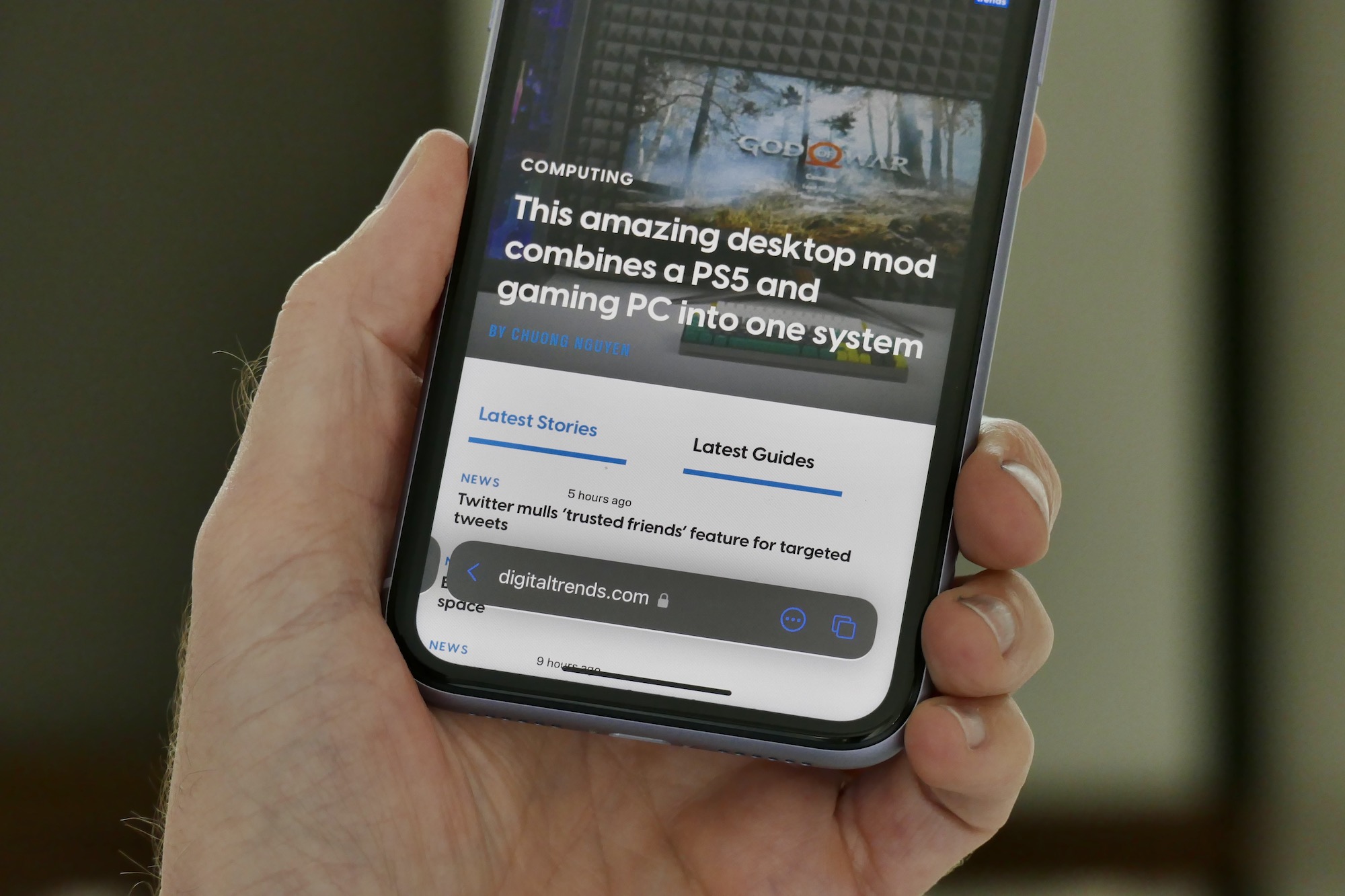
Apple has today announced a major change that could revolutionize the web-browsing experience for iPhone users. Alas, this browsing boon will be limited to users in the EU bloc. This news was announced alongside Apple’s plans to add sideloading and third-party app stores to the iPhone.
To comply with the EU’s landmark Digital Markets Act (DMA), Apple says it will allow developers to use other browser engines for their web browsers. That means Apple will no longer force them to use its own WebKit rendering engine, which is the underlying tech behind what any web browser can do on your phone. That’s a massive rule change.
Deliberately spoiling the browsing experience
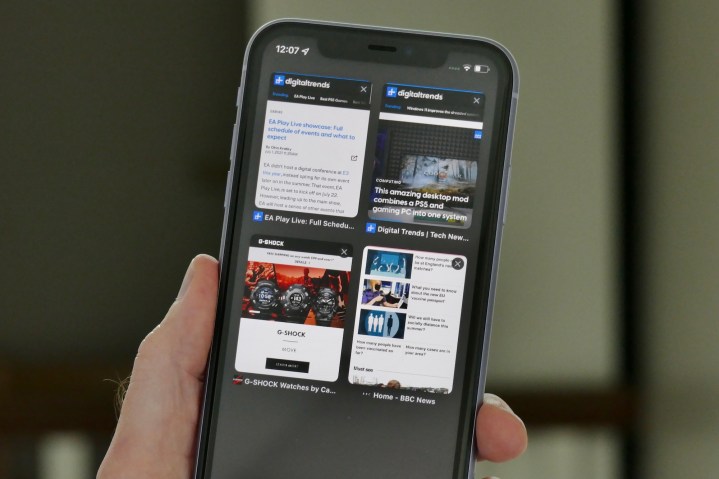
Browser vendors such as Chrome developer Google and Edge maker Microsoft have been restricted to creating mere shells around a highly specific, unmodified version of Safari’s WebView, a component whose functionalities are tightly dictated by Apple. Instead of shipping their meticulously developed browsers, the likes of Google and Mozilla are forced to build a separate browser that essentially acts as a thin wrapper for Apple’s WebKit engine.
To put it simply, browser apps like Chrome, Firefox, Brave, DuckDuckGo, and others can be installed on an iPhone, but they merely serve as superficial overlays on Apple’s WebKit engine. This policy also means that Apple has the final say on which features are supported on Safari. And that feature gap is huge.
Just take a look at this feature comparison compiled by Open Web Advocacy to get a grasp of the problem:
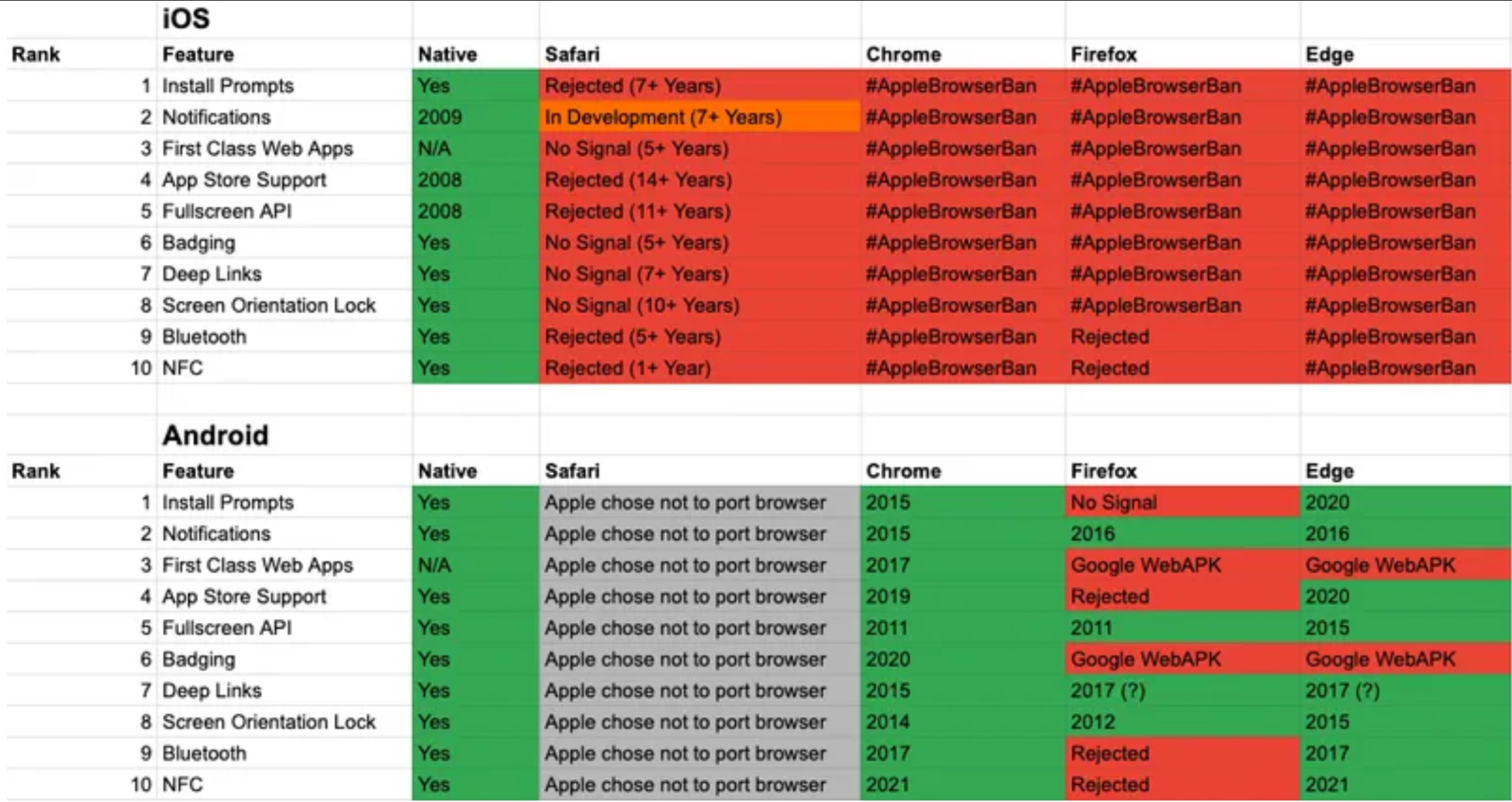
Third-party browser vendors have no other option but to use a highly specific version of WebKit, with no flexibility to modify the engine’s features, including the activation or deactivation of existing features in the source code. This limitation chokes the ability of iOS browsers to stand out through soft forks.
On the other hand, in a market with genuine browser choices, third parties could develop their own browsers from scratch. Just take a look at what the folks behind the Arc browser have managed to accomplish in totally reimagining how a browser looks and works in the desktop ecosystem.
It’s also telling that a team with such bright minds has only released a companion Arc app on iOS and not a full-fledged revolutionary mobile browser — because they know full well that they won’t get the same kind of flexibility with iOS (due to WebKit) as they do on macOS for building a fantastic desktop browser.
This is evident in the Chromium browser ecosystem ,as well. Unlike in iOS, where Apple solely controls feature inclusion, browser vendors have the liberty to choose features when using Chromium on Android. Ultimately, for an average iPhone user, the key aspect is the software that operates on actual devices.
It’s all about preferential treatment
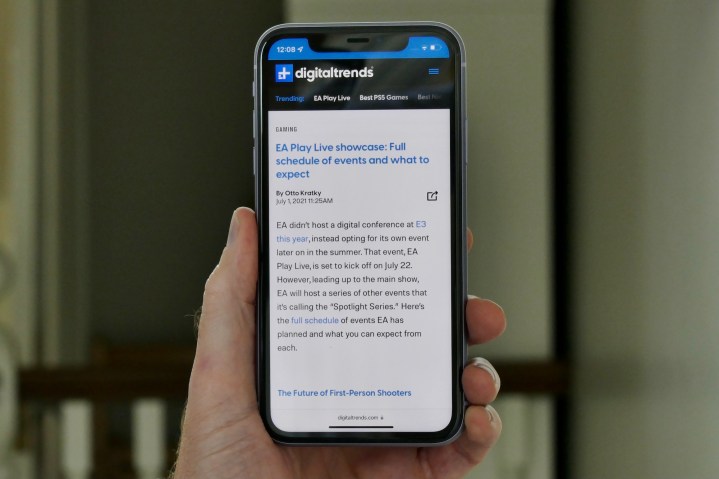
But it’s not just the lack of features that is concerning. It’s also about giving Safari an unfair edge because Apple controls the entire implementation of any browser that runs on the iPhone. Apple, of course, gives preferential treatment to Safari when it comes to accessing the native system on iPhones.
Safari has been granted the ability to display videos in full screen, while other browsers are prohibited from doing so, except on iPad. Oher browsers have also been historically kept from installing Web Apps, using the all-too-important extensions, or integrating Apple Pay to the same extent as Safari.
Next, let’s explore the competition perspective, which is what ultimately forced the EU to look into the WebKit situation. This WebKit-only approach forces companies to create multiple distinct applications for each platform, significantly increasing the costs and complexities of development and maintenance. These costs are in addition to the App Store’s 15% to 30% tax, which Apple has so fiercely protected to date.
The exorbitant costs of developing an interoperable application that functions identically to what Apple has to offer make it feasible only for well-funded companies. After all, why would anyone want to serve up a browser that functions virtually the same a Safari, while also being at technical disadvantage at the same time? Naturally, many useful or potentially profitable applications never see the light of day.
Oops. Did I say Safari stutters?

Safari and Apple’s WebView often encounter critical bugs that can break applications, and these issues also affect competing iOS browsers since they are unable to use their own engines, which may not have these bugs. Take a look at this failure graph called the Web Platforms Test Dashboard and marvel at Safari’s failures:

HTTP Toolkit has a massive catalog of how Apple’s approach is not only allowing browser bugs to persist on the web and weakening crucial security measures, but how it is also muddying the overall web for everyone with an iPhone in their hand. That’s particularly damning for a company that always argues against change by citing privacy and security.
If you really want to understand just how terribly Apple has created a browser monopoly on the iPhone, one where it has choked feature innovation and allowed nagging problems to persist, read this comprehensive 108-page document called “Bringing Competition to the Walled Gardens – Third Party Browsers & Web Apps.”
But now that the EU has forced Apple’s hand and the company will finally allow alternative engines like Gecko and Blink, we will finally see a new experience fleshed out in Chrome, Edge, and Firefox running on the iPhone. And that could happen soon.
A bright future is right around the corner
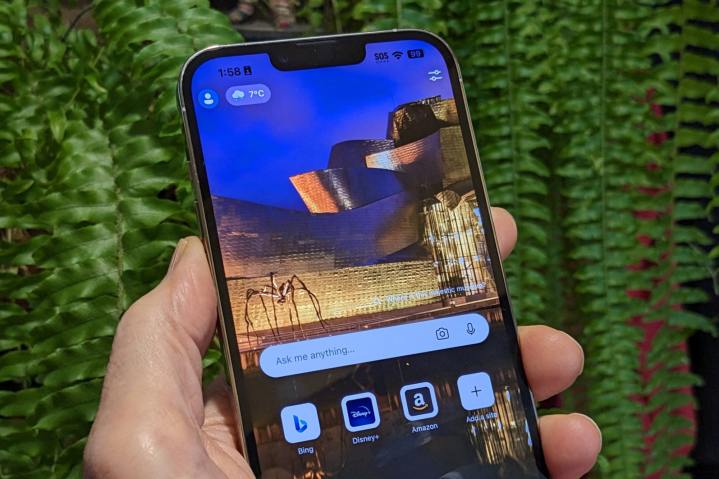
Earlier this year, Google announced (via GitHub, of all places) that it was working on an experimental iOS version of Chrome with the Blink engine at its core instead of WebKit. Of course, Apple’s policies won’t ever allow such a liberating monstrosity on the App Store, but it’s as if Google got a whiff that the EU could force Apple to reverse course. The folks over at 9to5Google even got a rudimentary version working on an iPhone.
Mozilla has also been testing a version of Firefox for iOS built atop its Gecko rendering engine. “We abide by Apple’s iOS app store policies, and are simply doing some exploratory work to understand the technical challenges for Gecko-based browsers on iOS if those policies were to change,” Mozilla told The Register earlier this year.
It looks like Google and Mozilla’s experiments with mobile web browsers free from the Apple WebKit shackles will finally bear fruit. But only for EU denizens. I dearly hope, for the sake of its valued customers, Apple does the same for users across the globe. It’s unprecedented, but at the end of the day, it’s also magical for an average iPhone user tired of the bland Safari experience.
I also dearly hope that regulators in other countries can also pull off what the EU has managed to accomplish. I am hopelessly addicted to the cause of “iPad as a computer,” but my worst enemy has been the constrained feature set on web browsers. I pray for a day when I can use Chrome on the iPad Pro to at least half of the capabilities it has on desktop browsers.
The ball’s in your court now, Apple!



